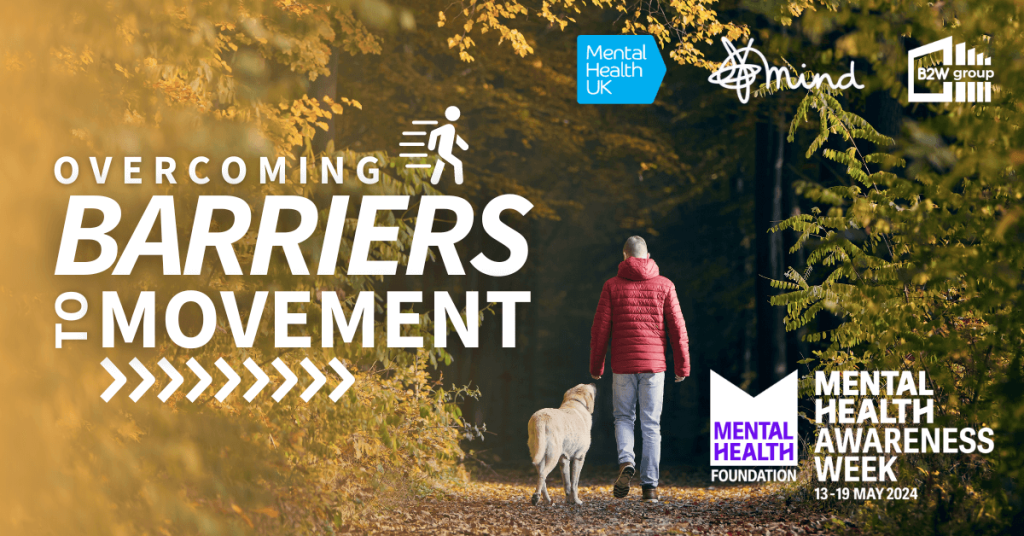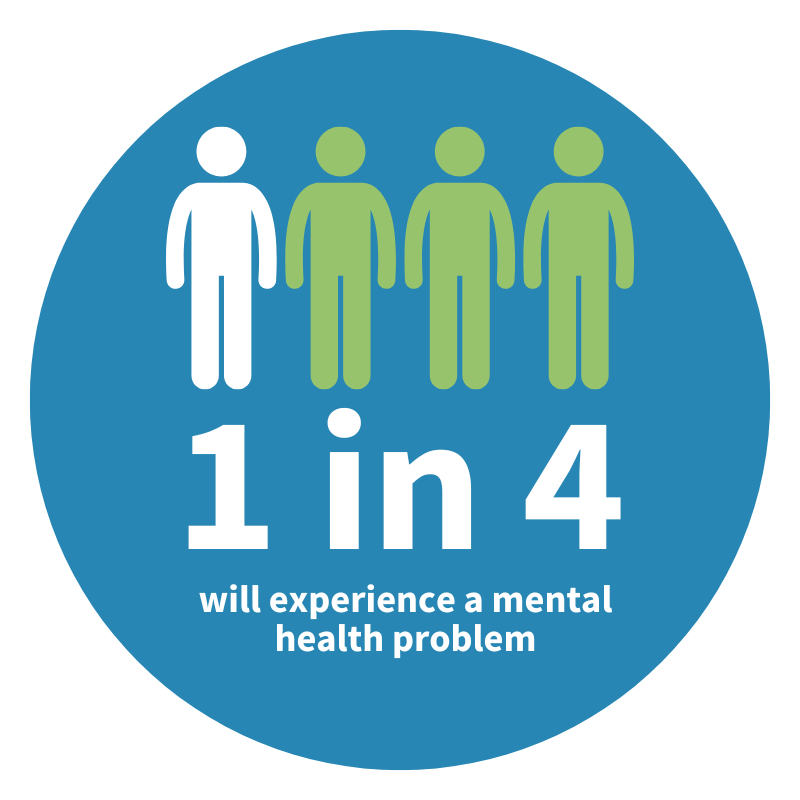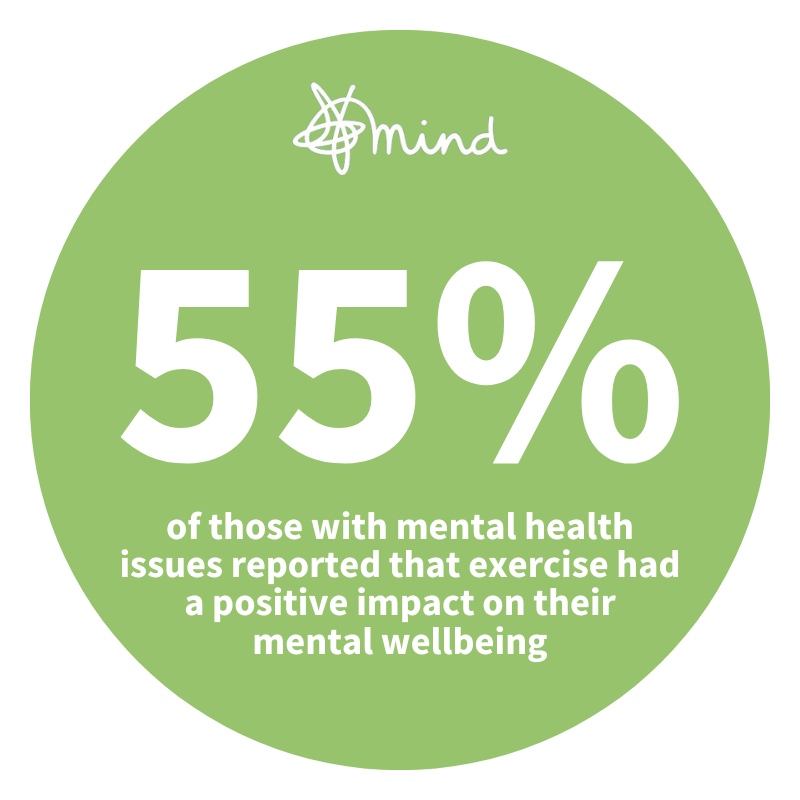
Physical activity is widely acknowledged as beneficial for both our physical and mental well-being. Yet, despite this awareness, many of us still struggle to engage in regular exercise due to various mental health barriers.
Understanding these barriers is crucial for promoting healthier lifestyles and addressing the challenges we face as we seek to improve our own well-being.
As part of Mental Health Awareness Week, we take a look at some of the most common barriers to movement we may face, with some words of advice of how to overcome these provided by Mind and Mental Health UK.
Mental health is a significant public health issue in the UK, with approximately one in four of us experiencing a mental health problem each year.
Conditions such as anxiety, depression, and stress are prevalent, impacting our ability to lead fulfilling lives. According to the Mental Health Foundation, nearly 70 million workdays are lost each year in the UK due to mental health issues, costing employers approximately £2.4 billion annually.
However, regular exercise has been shown to have numerous benefits for mental health, including reducing symptoms of depression, anxiety, and stress, as well as improving self-esteem and cognitive function.
Physical activity releases endorphins, neurotransmitters that promote feelings of happiness and well-being, while also providing a distraction from negative thoughts and rumination.
Despite these benefits, individuals with mental health conditions often face significant barriers to engaging in exercise. These barriers can be both internal and external, ranging from psychological factors to environmental and societal challenges.

Depression and other mood disorders can sap your motivation, making it difficult to find the energy or desire to exercise.
Negative self-perceptions may lead you to believe that you’re simply not capable of participating in physical activities, or that you do not deserve to prioritise your own well-being.
Anxiety and social phobias can create a fear of exercising in public spaces, which could lead you to avoiding gyms, parks, or other communal areas where physical activity occurs.
Gym memberships, exercise classes, and sports equipment can be costly, which can make it difficult if you have limited financial resources to access exercise opportunities.
Balancing work, family responsibilities, and other commitments can leave little time for exercise, especially if you’re managing mental health symptoms that may impair your ability to maintain a consistent routine.
Inadequate infrastructure, such as a lack of wheelchair-accessible gyms or outdoor spaces, can hinder you if you have any physical disabilities or mobility issues that limit you from participating in exercise.

There can be numerous barriers to being physically active such as low energy, lack of confidence, or financial constraints as we’ve identified. It’s likely all of us will face one or more of these barriers at some point – but rather than be hard on ourselves, it’s important to recognise them and what will work best for us.
Mental Health UK has provided a breakdown of ways in which you can tackle these barriers and overcome them.
The theme for this year’s Mental Health Awareness Week is “movement”, as being physically active is great for our bodies and our minds.
Exercise has been proven to reduce anxiety and depression, and it can help us to prevent physical illnesses.
We hope that these tips to overcoming the more common barriers we face to exercise helps you get more active and give your overall well-being a boost.
If you’re struggling with any mental health issues or worries, we’d encourage you to reach out to organisations such as Mental Health UK, Samaritans and Mind for advice on where to get help and listen without judgement.

The B2W Group has a fresh approach to transforming businesses by up-skilling their current staff or bringing an apprentice into the business to add a dynamic and dedicated individual to the team. All of our courses are available through various streams of government funding so are a cost-effective way to provide high-quality training within the workplace.
Registered office in England and Wales, No:07559200
© 2020, The B2W Group, All Rights Reserved.